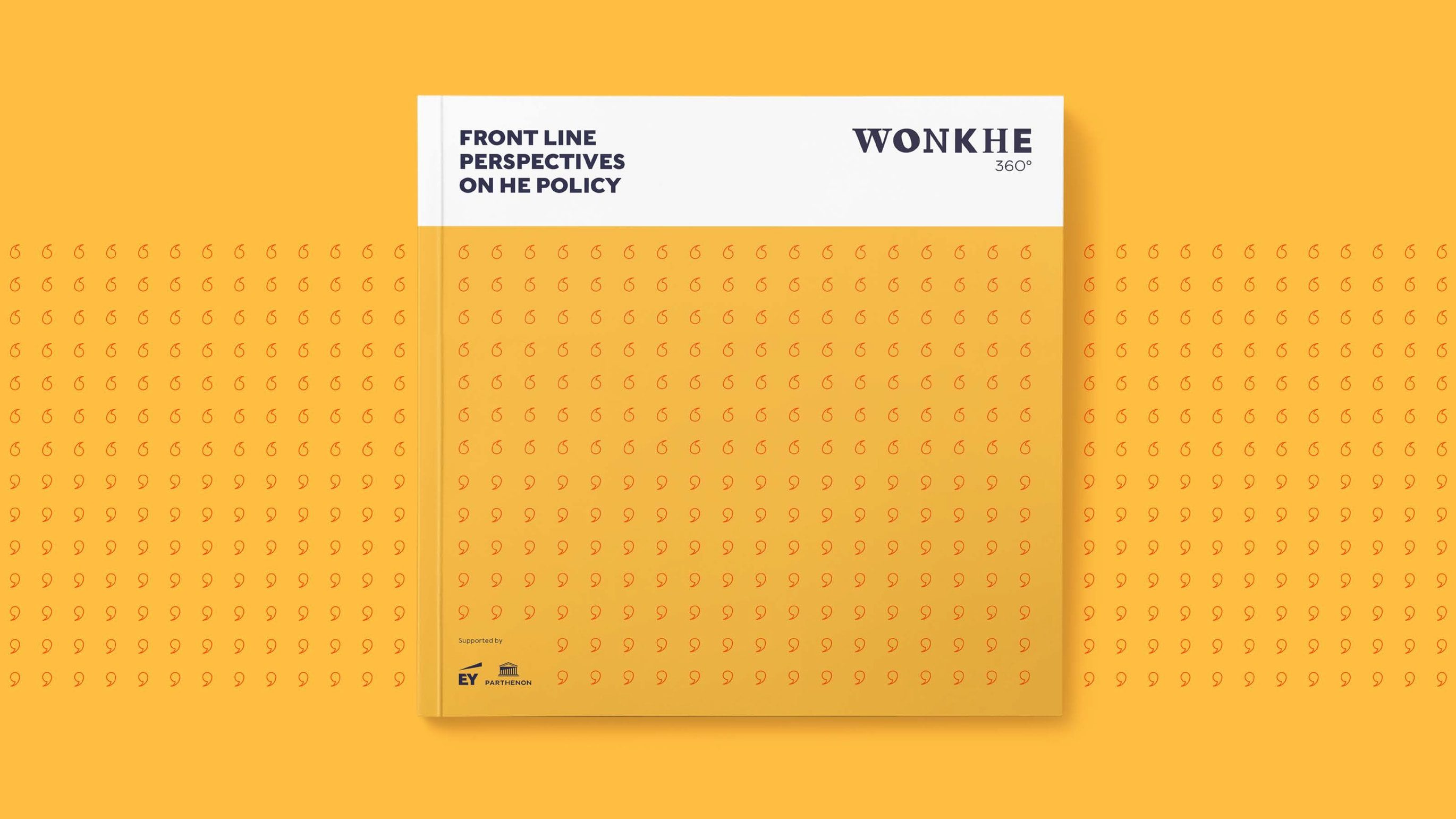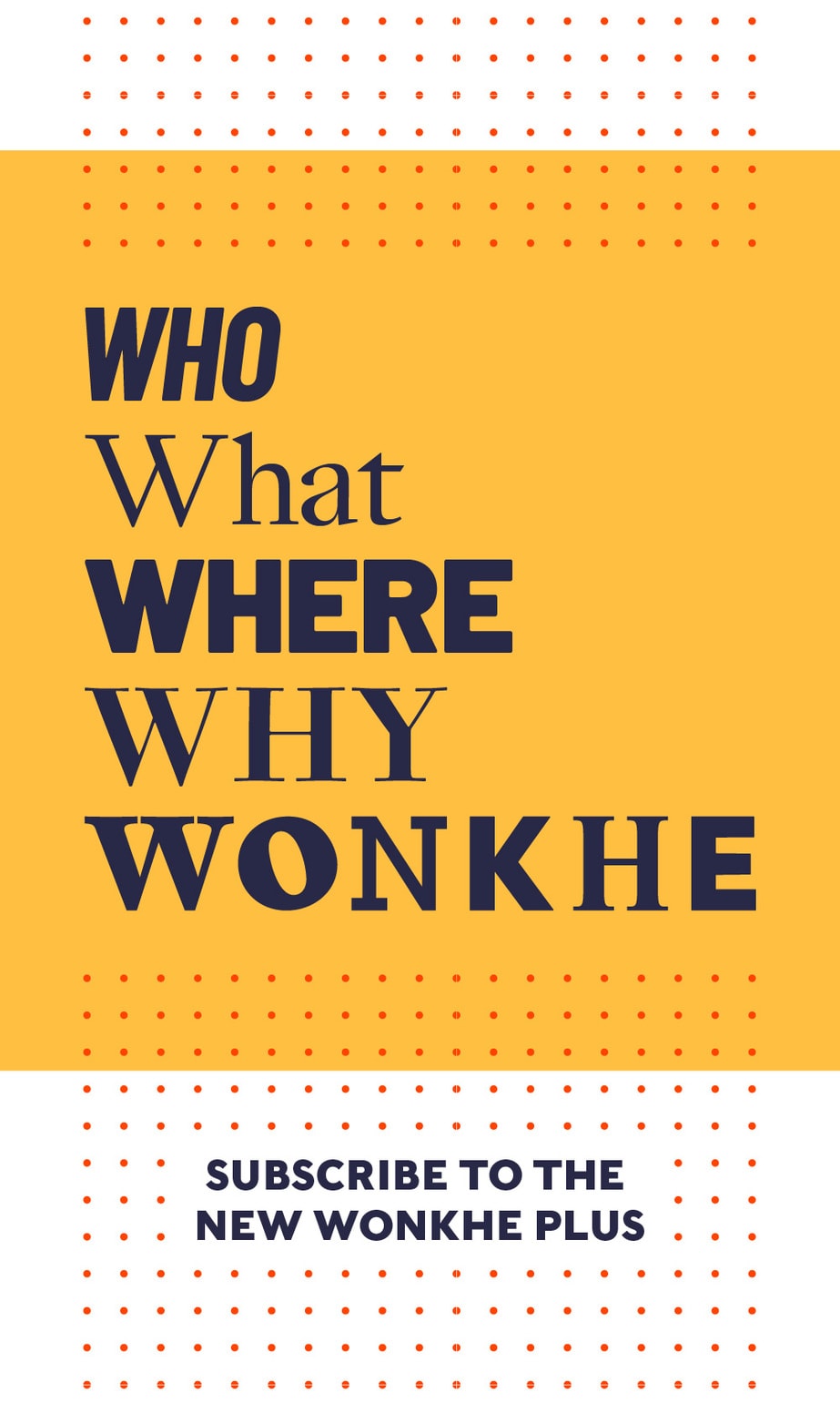We are delighted to present Wonkhe 360, our in-depth exploration of how the policy-engaged people working at the front line of higher education view the current policy environment and its impact on higher education organisations.
In December 2018 we invited Wonkhe readers to register interest in being part of our panel. During February 2019 our survey was open for responses, asking primarily for qualitative responses. 212 colleagues working across higher education in the UK gave us the benefit of their experiences and reflections.
We believe that we have achieved a reasonable cross-section of the higher education professional and academic community, though predominantly from the English context. We make no claim to giving a representative view and we use quantitative data only indicatively. The value of the insight presented here is that it is sourced from thoughtful, engaged individuals who are keen to stay informed and play a role in the higher education policy debate; in other words, wonks.
Section I explores respondents’ sense of optimism about the future of their organisations, the opportunities and challenges offered by the current policy landscape, and the tensions emerging within different groups in the higher education community in the context of a difficult external environment. We posit that at a time of political fragmentation and financial pressure, whilst higher education looks to its leaders to navigate organisations safely through the adverse climate, trust in leaders becomes more fragile. Drawing on the significant experience of EY and EY Parthenon of supporting HE with strategy and change, we consider the ramifications for strategy, leadership, governance and culture in the sector.
Section II addresses the specific policy agendas taking up significant time, attention and “desk space” inside higher education organisations and the extent to which those agendas are driving change inside organisations. Though we have considered in some depth the issues that the largest number of respondents identified as important, it is also worth noting the sheer range of policy issues higher education organisations are grappling with. We consider the implications of the nature and range of issues for the potential of individuals and their organisations in higher education to shape and influence policy.
Finally, we have explored the experience of policy-engaged women working in higher education. Recognising that women’s voices can be under-represented in the public policy debate, we were keen to gain additional insight into women wonks’ interaction with policy and explore whether lessons could be learned.
We hope that you find the Wonkhe 360 report insightful and that it prompts reflection on how you and your organisation are engaged with the policy debate and the strategic challenges presented by the higher education policy environment.
Thank you to EY Parthenon, both for their generous sponsorship of Wonkhe 360 and also the insights that they have brought to the research and its analysis.



